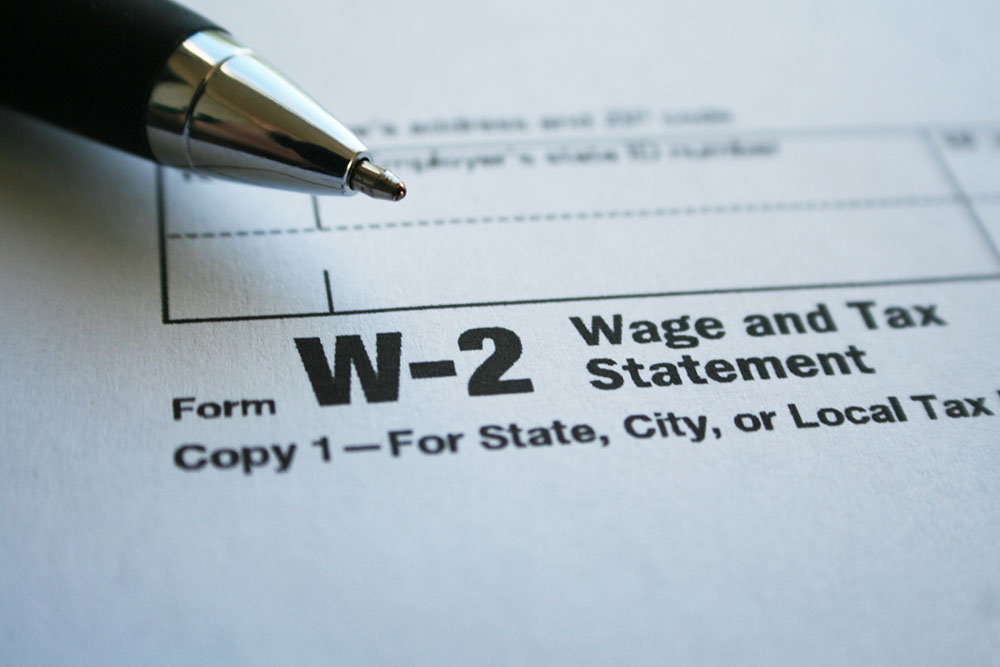Essential Guide to Filing Income Tax Returns
This comprehensive guide simplifies the process of filing income tax returns, highlighting important procedures, benefits, and legal requirements. It aims to help taxpayers prepare efficiently and meet deadlines, ensuring compliance and maximizing potential refunds or benefits.

Your Complete Guide to Income Tax Filing
Filing income tax returns is a crucial yearly requirement for taxpayers. Many tend to delay this process until the last moment, leading to unnecessary stress and mistakes. Proactively completing your tax filing before the deadline simplifies financial management and ensures compliance. If you consistently fulfill tax obligations, you need not worry about penalties. Salaried individuals often have taxes deducted directly from their paychecks, but late filing can still cause issues. Here's a straightforward overview to help you navigate your tax filing process efficiently.
What is a tax return?
A tax return details your income, including wages, interest, dividends, capital gains, and other earnings over the course of a year. It is submitted to the tax authorities to report your financial activity. Filing a tax return allows you to pay owing taxes, calculate your tax liability, or request refunds if you've paid extra.
Advantages of submitting income tax returns
Filing tax returns is a legal obligation for certain income earners and serves various benefits. It helps in securing loans, visa eligibility, claiming refunds for excess tax paid, and obtaining better insurance coverage. If you have dependents or qualifying investments, you may also benefit from applicable credits, such as child care or retirement savings credits.
Who should file income tax returns?
Not everyone needs to file taxes, but individuals with income above specific thresholds must do so by law. Generally, those earning over $10,000 as a single filer or more than $20,000 jointly are required to file. Self-employed persons or those involved in property transactions during the year should also comply to avoid penalties.










